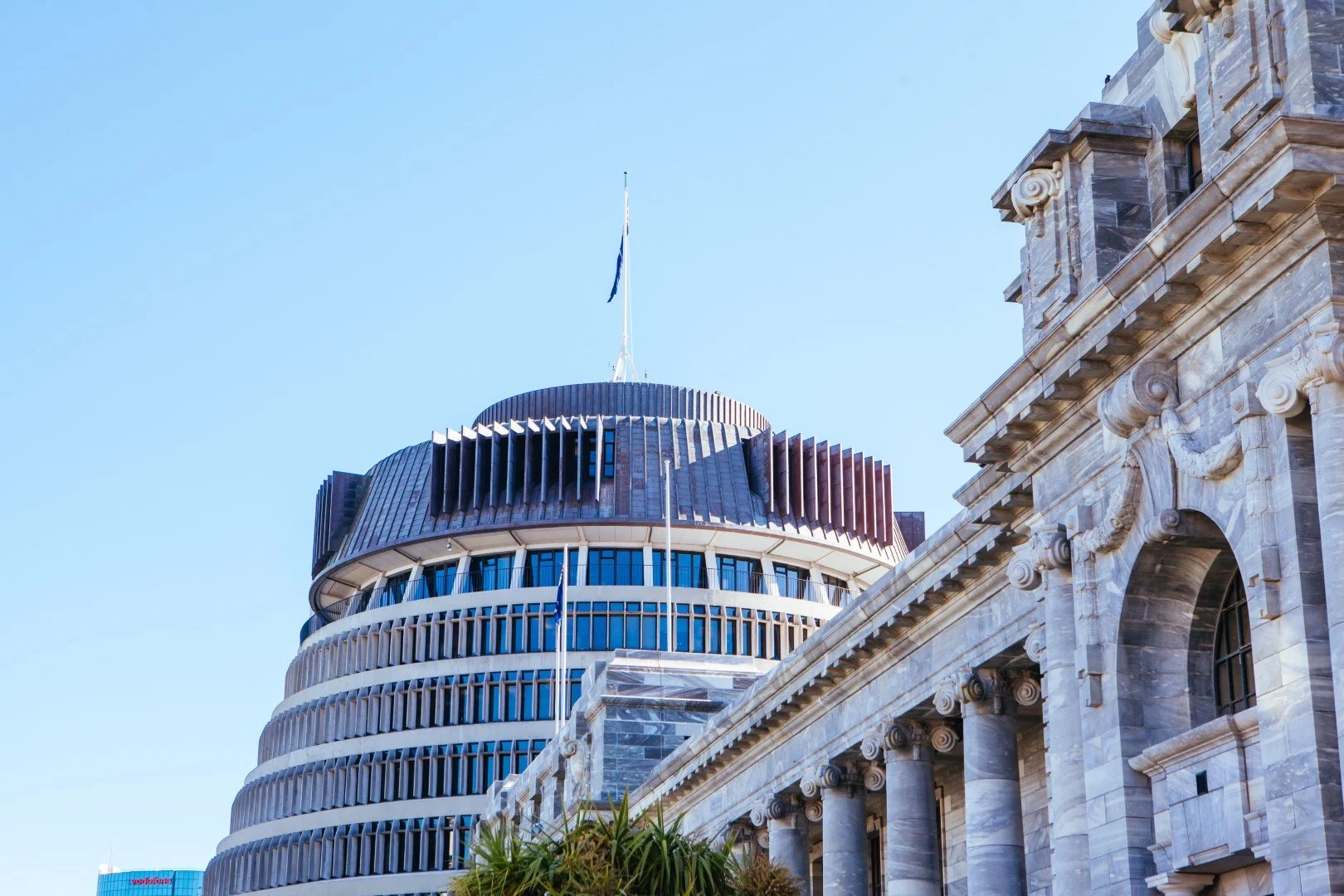The only thing hotter than the Hawke's Bay summer right now? ESG funds.
What is ESG? It stands for environmental, social, and governance issues. Identifying companies rated highly on ESG metrics is an increasingly popular way for investors to deploy their money.
Between April and June, as the COVID-19 pandemic gained speed worldwide, funds that prioritised ESG investing saw global assets under management hit a record $1 trillion, according to Morningstar. That was on the back of net inflows of $7.1 billion in those three months alone.
But it wasn't just a trend that picked up in 2020. The year 2019 has also been a memorable one for ESG investments as it saw a significant jump in sustainable fund flows. In the US alone, investors poured a record $21 billion into socially responsible investment funds, almost quadrupling the rate of inflows in 2018. In New Zealand, the responsible investment market was worth $153.5 billion in 2019. This represents 52% of the estimated $296.3 billion of total professionally managed assets under management in New Zealand, according to the Responsible Investment Association Australasia (RIAA).
So it is clear that ESG Investing has taken centre stage in the financial sector for a while now. Yet, currently, not many countries properly regulate how fund managers apply the ESG label. It's very much like a farm calling itself "organic" without having to run it by a regulator.
Eric Balchunas, ETF analyst for Bloomberg Intelligence, said: if you go in there thinking that you want to go responsible and sustainable with your investments, and then you see some of the companies on the ESG funds, you're progressing to be like, 'What? That's not what I signed up for'.
So if you are looking to invest with a conscience, it might pay to check under the hood.
According to a background paper on Responsible Investment in New Zealand by KPMG, fund managers, investors and regulatory bodies are finding it challenging to keep pace. It has reviewed publicly available information for funds from KiwiSaver providers as of April 2019. The most significant shortcomings and risks to responsible investment by KiwiSaver funds and providers include ambiguous and inconsistent terminology; vague policies; confusing documentation; redundancy; and immature processes.
Currently, the European Union (EU) is leading in the ESG regulatory space to protect well-intentioned investors and enable the financial sector to play its part in the transition to a sustainable economy. Meanwhile, efforts in New Zealand have been lagged behind and very much a work-in-progress.
Just last month, the Financial Markets Authority (FMA) has announced the appointment of two new specialist roles focused on deepening the regulator's expertise in two evolving and important sectors: financial technology and ESG impacts on financial markets.
Rob Everett, FMA Chief Executive, said the appointments reflect the demand for responsible or green investments continues to rise and requirements for financial institutions to incorporate climate-related financial disclosures will come into effect in the next few years. Regulators must support the industry as it transitions to a more integrated economic system which recognises these impacts.
Despite a lack of legal requirements from policymakers, stakeholders, investors have been seeking greater clarity regarding the impact of their contributions. They are keen to understand not only "if" asset managers are committing to ESG, but proactively asking questions about managers' stewardship approach.
In 2019, the asset management giant Vanguard ejected 30 stocks from its ESG funds created to invest in companies with strong environmental, social and governance records. Among these companies, a private prison operator (Geo Group), a restaurant operator (Yum Brands), a pharmaceutical company (GlaxoSmithKline), a gun manufacturer (Sturm Ruger).
This incident is just highlighting a typical issue with ESG-branded index products. In a lot of cases, the fund manager's methodology for creating an ESG index is not transparent and leaves investors very confused.
Although independent ESG rating companies around the world have sprung up to fill the gap, they don't always see eye-to-eye. For example, Amazon.com Inc. has been accused of dangerous warehouse practices but has pledged to become net carbon neutral by 2040. It is the same old current vs future value battle and balancing ESG requirements with traditional risk and reward considerations.
As a financial adviser, I think there are different flavours and no one-size-fits-all approach to ESG investing. When considering different asset classes, different methods are better suited than others for different types of investors.
Some asset managers want to maintain a "seat at the table", so their investors can consider the investment impact to drive positive change.
For instance, several venture capitalists observed that in the food and beverage industry, the idea of "doing good" as a company is quickly evolving from "nice to have" to "must-have" to raise capital. In other words, just saying "99% sugar-free" on the label won't cut it anymore.
Global fund manager Dimensional says, by using a holistic scoring system rather than a completely binary "in" or "out" screening process, investors may be able to preserve diversification while recognising those companies with positive environmental profiles.
To conclude, it's important to have a financial adviser by your side who can design an approach to preserve diversification across the portfolio and within sectors while accounting for the reality that some sectors tend to be more significant contributors to ESG concerns.
The information provided, or any opinions expressed in this article, are of a general nature only and should not be construed or relied on as a recommendation to invest in a financial product or class of financial products. You should seek financial advice specific to your circumstances from an Authorised Financial Adviser before making any financial decisions. A disclosure statement can be obtained free of charge by calling 0800 878 961 or visit our website, www.stewartgroup.co.nz


